Three-quarters of Younger Veterans with Debt are Still Paying off Amounts Incurred While Serving
, /PRNewswire/ -- National Debt Relief, the industry leader in debt settlement known for its unique approach to debt relief, today released the findings of a powerful new study revealing that many U.S. veterans face mounting debt, financial instability and emotional strain as they transition to civilian life. Conducted in partnership with Wakefield Research, the study polled 1,000 U.S. veterans ages 21 and older who are no longer in military service, offering a sobering look at the challenges faced after service.
According to the findings, 91% of veterans who have completed their service believe debt can worsen military-related PTSD, an impact personally experienced by more than one-third (34%) of younger veterans. The survey also revealed that nearly 4 in 10 veterans (37%) face constant stress over paying bills, which rises sharply to 51% among Gen Z and Millennial veterans.
"For many veterans, debt has become another battle to fight. When savings are low and debt tops $10,000 or more, even small setbacks can become overwhelming, especially when already carrying the invisible wounds of service," said Natalia Brown, Chief Compliance and Consumer Affairs Officer, National Debt Relief. "We see debt is weighing heavily on those who've served, especially in younger veterans, and many veterans may not realize there are solutions and support available to ease financial worry, giving veterans a clearer path to stability and independence from debt."
Other key findings from the survey include:
- The majority of veterans have some type of debt (90%)
- 72% carry credit card debt – a third of those with credit card or personal loan debt owe $10,000 or more
- Medical bills are a source of current debt for 30% of veterans, including 44% of Gen Z / Millennials veterans
- Veterans who hold medical debt are more likely than others to feel afraid, overwhelmed or confused at the thought of paying off their unsecured debt (35%, compared to 22% of all veterans)
- Nearly a quarter of veterans (23%) have no money in savings at all
- 78% are concerned about their financial or job situation due to the current economic landscape – this concern increases among Gen Z and Millennial veterans (86%)
While all veterans confront post-service struggles, the burden is hefty for younger generations. Among Gen Z and Millennial veterans, 77% of those with debt are still repaying amounts incurred during active duty, over half (54%) have worked longer hours than they'd like to stay afloat, and one in three (33%) are skipping meals or eating less because they can't afford enough food due to debt.
"I've walked this road—both my wife and I served, and we know what it's like to face financial uncertainty after active duty," said Phillip Easton, Managing Director, The American College of Financial Services' Center for Military and Veterans Affairs. "This survey puts numbers to what so many veterans are quietly enduring: living paycheck to paycheck, struggling to find and build a career after service, and sometimes skipping meals just to make ends meet. But it's not just about dollars and cents—it's about dignity. Financial instability can take a toll on a veteran's confidence and sense of worth. Financial literacy and support to build financial health must be recognized as core pillars of a successful transition, not afterthoughts once the uniform comes off."
Without the right resources, even the most resilient veterans can struggle to regain their footing. Many Gen Z and Millennial veterans leave service without the financial knowledge or support they need. For 43% of Gen Z and Millennial veterans, it took six months or more to find a job after leaving the military, and 28% admitted they didn't know how to manage their finances in those crucial first few months. These types of financial challenges can quickly snowball into high-interest debt, missed bills, and lost opportunities—fueling a cycle that's difficult to escape.
"Debt isn't just a financial issue—it's an emotional and psychological weight," added Brown. "At National Debt Relief, we're committed to helping veterans build financial resiliency through trusted support and proven solutions, like debt settlement, so no one has to face these challenges alone."
Debt settlement is an option for anyone with more than $7,500 in unsecured debt, like credit card debt, medical debt, personal loan debt or business debt. The National Debt Relief debt settlement program allows clients to get out of debt more quickly than minimum payments, avoid bankruptcy, and pay less than what they originally owe in manageable payments that fit their budget. Learn more at NationalDebtRelief.com or call 1-800-718-0487 for a no obligation, free consultation with a certified debt specialist today.
About National Debt Relief
National Debt Relief is redefining the debt settlement journey. Our Whole Human Finance™ approach empowers, supports and guides our clients as they transform their lives by reclaiming their financial health and independence. As an accredited BBB A+ business and named the top-rated debt settlement company in 2023 and 2024 by Forbes Advisor, National Debt Relief has been recognized since 2009 for its human-centric approach to helping clients achieve financial wellness, and for helping hundreds of thousands of people resolve their debt and rediscover their whole selves. For more information, please visit NationalDebtRelief.com.
SOURCE National Debt Relief

WANT YOUR COMPANY'S NEWS FEATURED ON PRNEWSWIRE.COM?
![]()
440k+
Newsrooms &
Influencers
![]()
9k+
Digital Media
Outlets
![]()
270k+
Journalists
Opted In
.png)
 German (DE)
German (DE)  English (US)
English (US)  Spanish (ES)
Spanish (ES)  French (FR)
French (FR)  Hindi (IN)
Hindi (IN)  Italian (IT)
Italian (IT)  Russian (RU)
Russian (RU)  2 days ago
5
2 days ago
5
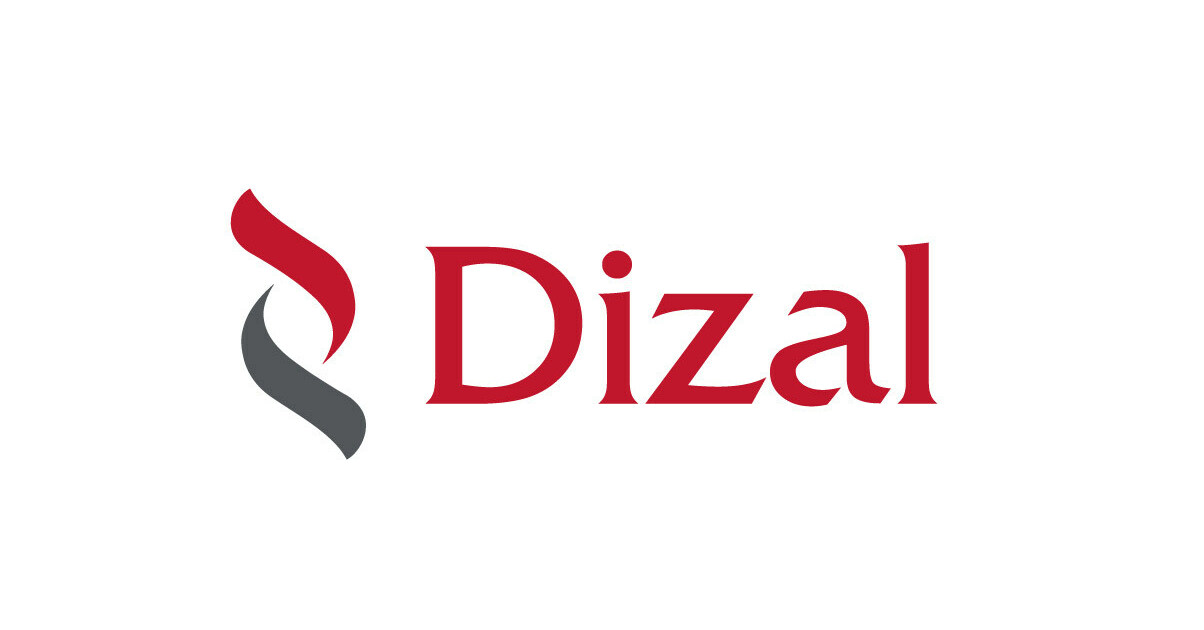
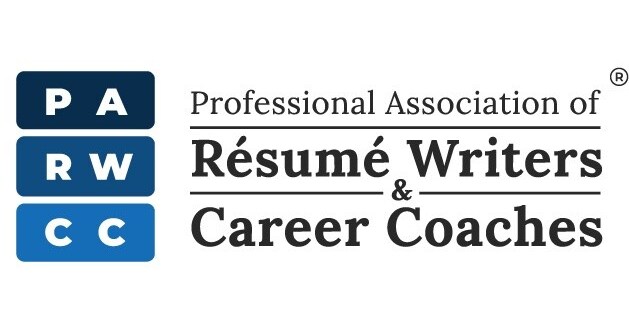

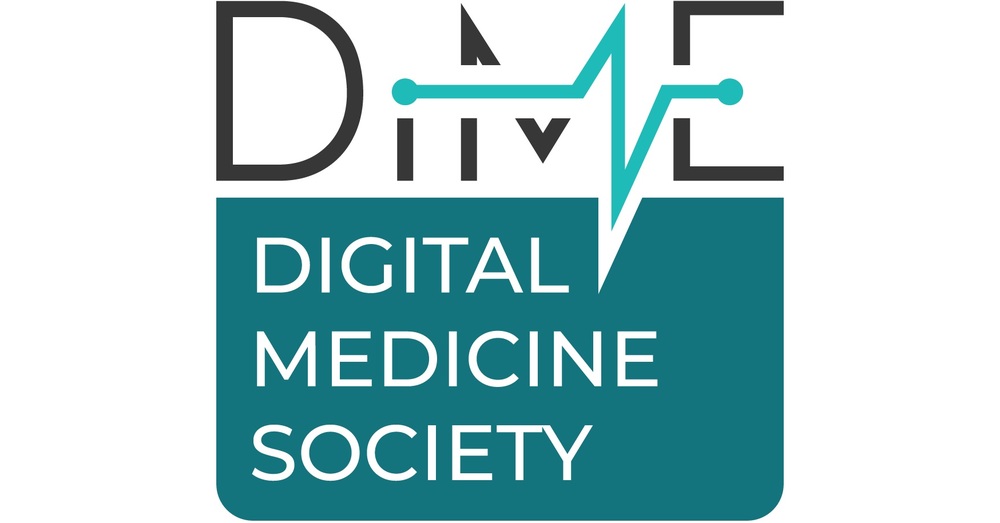

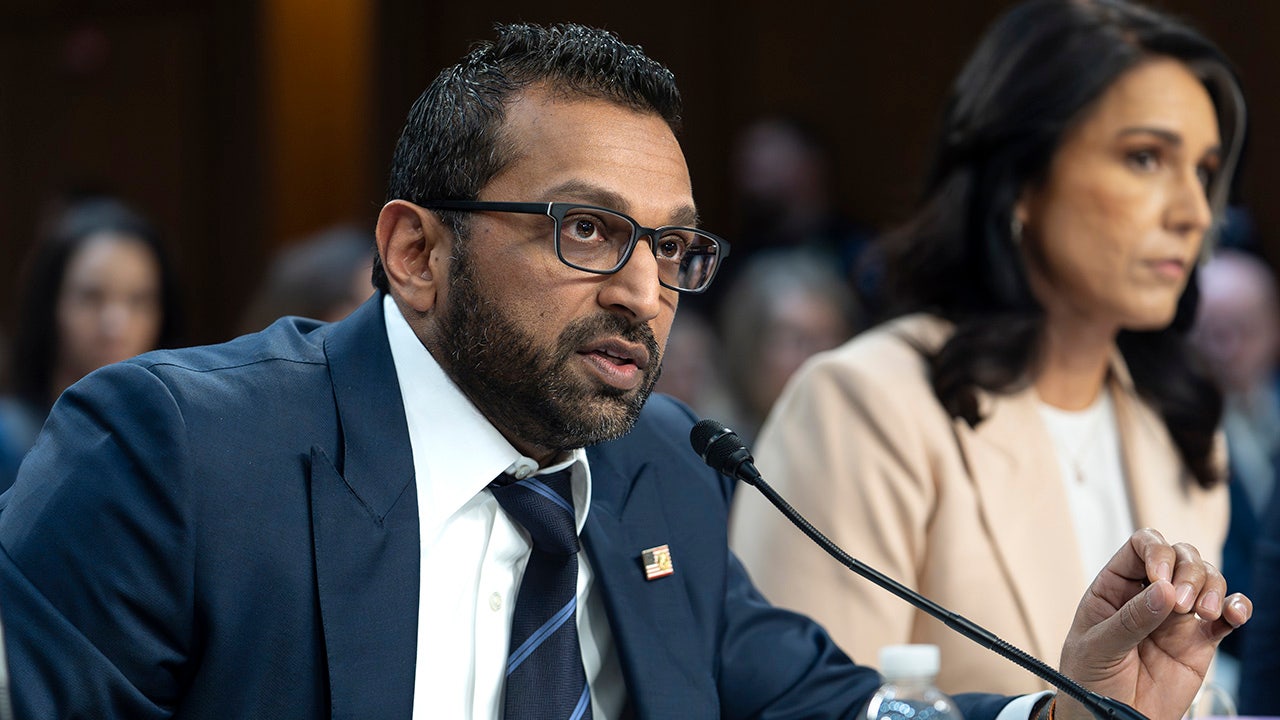
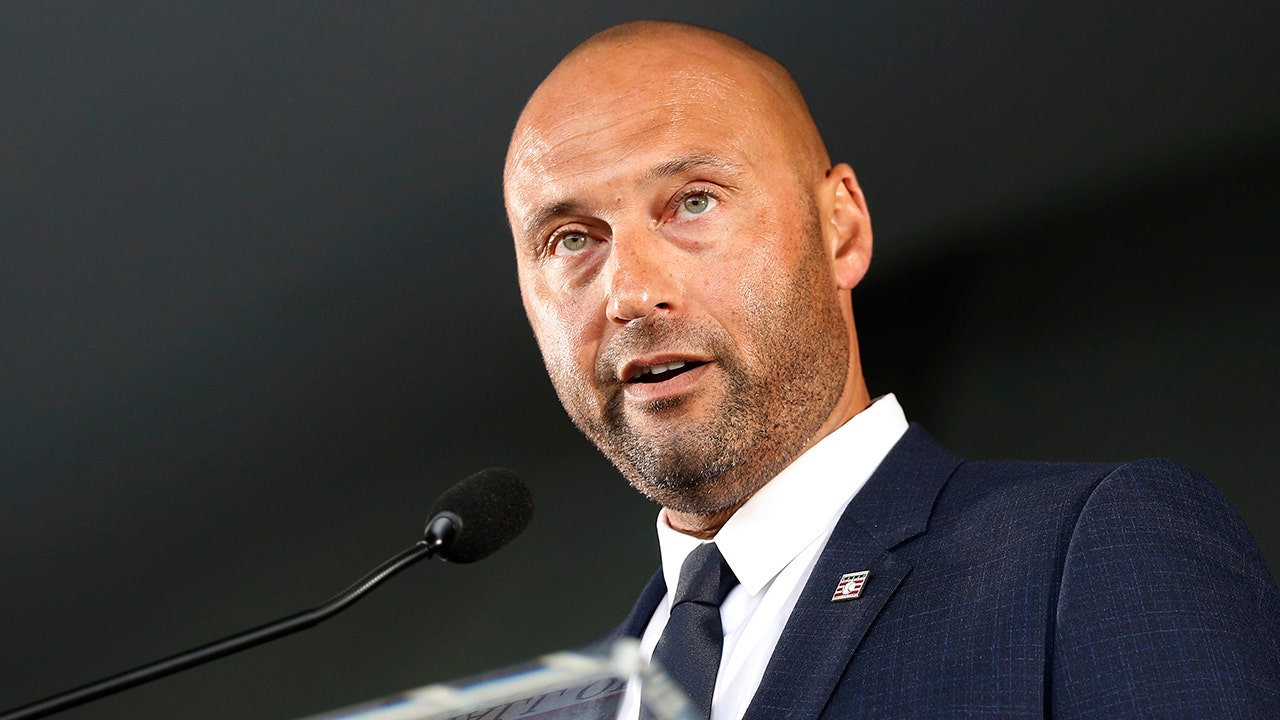


Comments